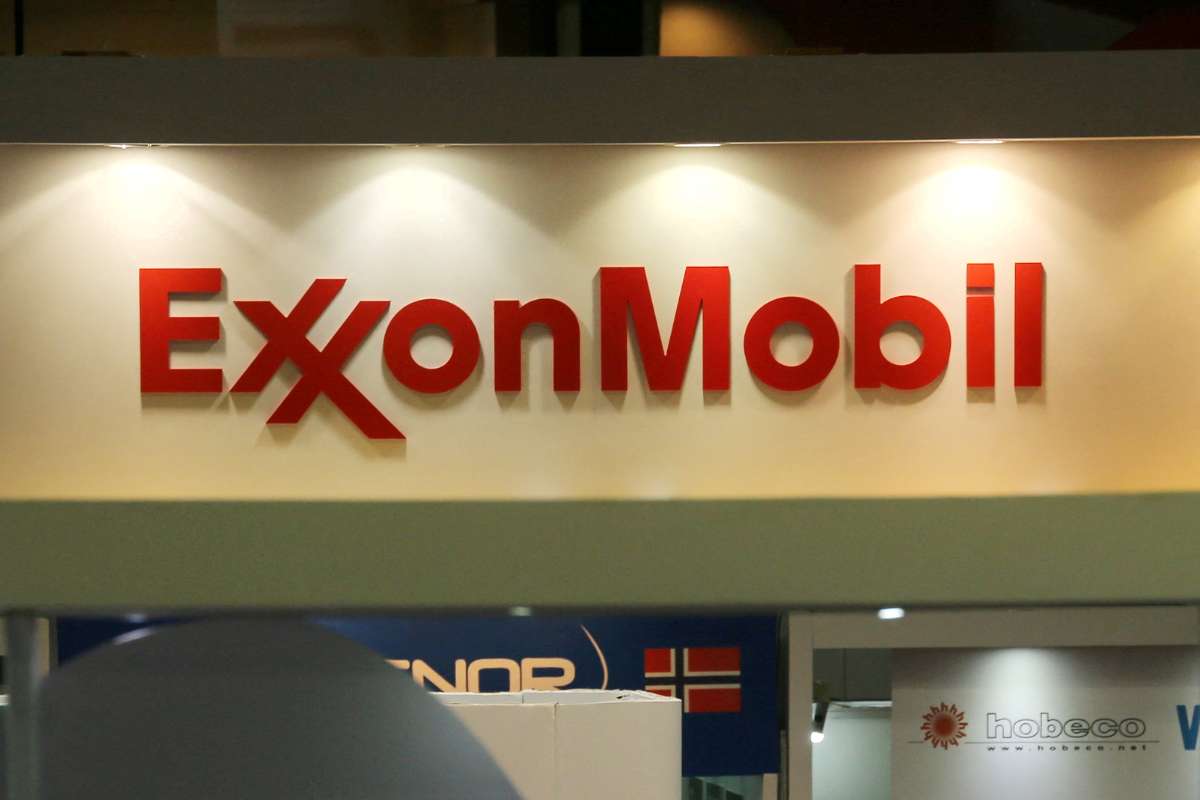Exxon Mobil is evaluating potential bids for parts of Lukoil’s international portfolio after the U.S. Treasury authorized companies to begin talks with the sanctioned Russian oil producer, according to people familiar with the matter. The move places Exxon alongside Chevron, which is already studying similar options.
The authorization, issued on Friday, permits discussions with Lukoil Assets through Dec. 13. It gives U.S. companies a narrow window to review assets spanning several regions, including Central Asia, the Middle East, and Europe.
Sources said Exxon is assessing Lukoil assets in Kazakhstan, where both companies hold interests in the Karachaganak and Tengiz oilfields. Chevron, which is also a partner in these projects, began evaluating a potential bid earlier this week. Exxon previously held a long-term presence in the region and is reviewing whether the assets align with its investment strategy.
Two sources said Exxon is also considering whether to examine a future bid for the West Qurna 2 oilfield in Iraq, Lukoil’s largest overseas project. The field is one of the most significant contributors to Lukoil’s international production. Exxon had operated the neighboring West Qurna 1 development for years before exiting in 2024.
Exxon declined to comment.
Treasury Authorization Triggers Interest
The temporary clearance from the Treasury has prompted a growing number of companies to weigh interest in Lukoil’s portfolio. Industry advisers said the window creates an unusual opportunity to acquire assets that have been difficult to transact since sanctions intensified in recent years.
Sources have reported earlier on Tuesday that Exxon and Abu Dhabi National Oil Company were reviewing possible acquisitions. The broadened interest highlights the scale of Lukoil’s global footprint, which extends from refining to upstream projects across multiple continents.
A source said private equity firm Carlyle is also exploring Lukoil’s foreign assets. The firm joins a widening pool of potential bidders assessing whether the portfolio could fit into existing oil and gas strategies.
Wide Global Footprint Under Review
Lukoil assets owns three refineries in Europe, as well as stakes in oilfields in Kazakhstan, Uzbekistan, Iraq, Mexico, Ghana, Egypt and Nigeria. It also operates hundreds of retail fuel stations worldwide, including in the United States. According to its 2024 filing, the company’s overseas assets account for about 0.5% of global oil production.
Analysts said the diversity of the assets could attract different classes of bidders. Integrated oil companies may focus on upstream fields that complement their existing operations, while private equity firms may examine refining or retail segments that offer stable cash flows.
Industry experts noted that any potential agreement would face regulatory scrutiny, given the sanctions environment and the geopolitical sensitivities surrounding Russian energy holdings. Companies must ensure any negotiations comply strictly with the conditions set by the Treasury.
Chevron did not comment on the matter but is known to be evaluating options, sources said. The company already maintains long-standing operations in Kazakhstan and has invested heavily in the country’s upstream sector. Its review comes at a time when major oil firms are reassessing global portfolios to balance conventional assets with energy transition commitments.
Strategic Positioning in Global Energy Markets
The renewed interest in Lukoil assets occurs as global oil markets face shifting supply dynamics. Companies are taking a more selective approach to acquisitions, aiming for assets that can deliver long-term returns despite uncertainty around future demand. For U.S. oil producers, Central Asian and Middle Eastern fields continue to hold strategic value due to their scale and established infrastructure.
Industry analysts said the West Qurna 2 field remains one of the most significant upstream opportunities in Iraq, offering strong production potential and long-term reserves. Any evaluation by Exxon would mark a possible return to a region where it maintained a major presence for more than a decade.
Companies considering bids have not yet disclosed timelines for decisions, and the authorization deadline may influence the pace of discussions.
As the Treasury’s clearance period continues, additional firms may review the assets, but final outcomes will depend on regulatory conditions, market valuations and geopolitical considerations.
Visit Oil Gas Energy Magazine for the most recent information.












